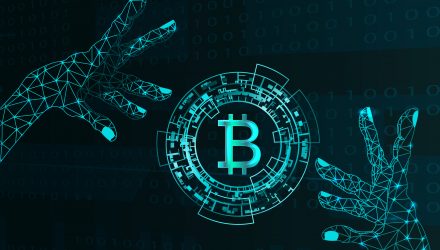The deluge of investment mania surrounding crypto currencies and Bitcoin in particular is unlike anything I have seen throughout my investment career. Having not managed money through the dot-com bubble, it’s difficult to compare this period to any real-world experience on my part.
Many are jumping to conclusions that this new digital currency is going to revolutionize the world. Others are comparing it to a disillusioned craze that will only benefit a tiny minority and end badly for most.
I have no idea which side will ultimately prevail and that is perfectly fine with me. I’m sitting on the sidelines watching with a sense of wide-eyed interest rather than choosing to participate in an area that is out of my depth. One of my axioms as an investor is that if you don’t understand it, you shouldn’t own it.
The housing bubble is the closest comparison I can offer in my own professional career in terms of the frenzied psychology being felt in today’s marketplace. However, this feels much different from that run-up in many ways. There wasn’t the same sense of instantaneous wealth generated from thin air in weeks and months due to a parabolic rise in prices. It was more of a fast-paced sense of continual compounding and lackadaisical regulations that led to the overbalancing of investment behavior during that period.
The one constant among all investment trends is we don’t ever know in the present where we are at in the overall cycle. That knowledge only comes with the perfect clarity of hindsight. Everyone has seen a chart of market psychology denoting extreme peaks of greed and deep valleys of fear. Yet we can’t pinpoint with any real accuracy where exactly the Bitcoin frenzy is at this point in time.
Your small circle of social interactions may seem like a perfect sentiment gauge. However, the small sample size and skewed biases in your own perceptions can often cause mistaken interpretation of the data. I know I often fall into this trap and must continually remind myself that my Twitter feed isn’t the faultless signaling instrument it may appear to be.
